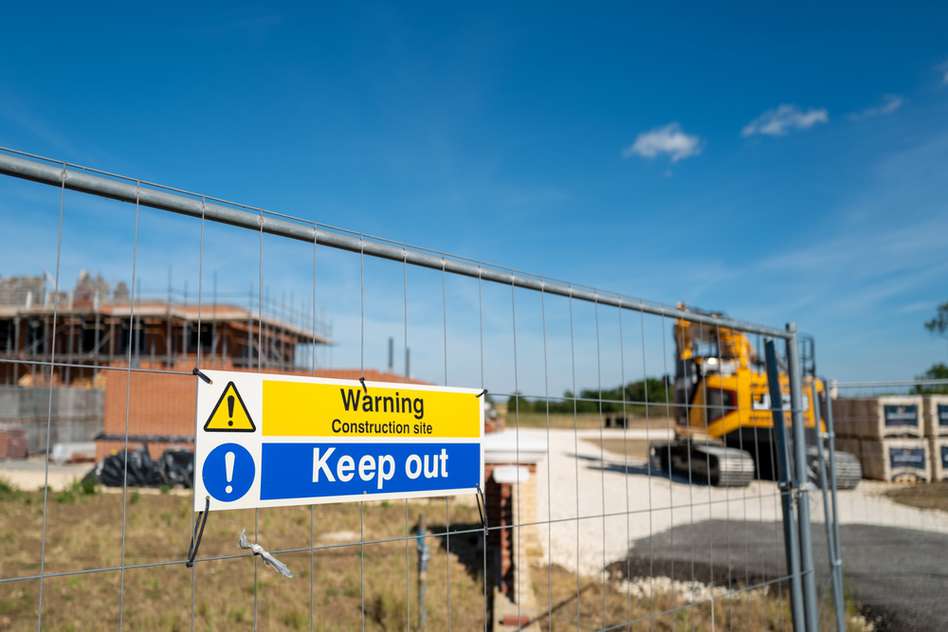CIL liability and pre-commencement conditions: What developers need to know

Development in breach of pre-commencement conditions cannot attract CIL.
There have been a series of Community Infrastructure Levy (CIL) appeal decisions which suggest that CIL can be levied on development carried out in breach of pre-commencement conditions and therefore without planning permission (appeal references 3346994, 3330866, 3319897, 12001570). Such an approach is clearly unlawful and open to challenge.
Why does this matter?
From a developer’s perspective, this can deprive them of the chance to secure CIL reliefs thereby significantly increasing the cost of development. From a charging authority’s perspective, when a court eventually quashes such a CIL charge, they will need to repay any CIL collected in these circumstances and may also face claims from developers seeking damages for the lost opportunity to secure CIL reliefs.
Legal Context
CIL is a tax charged on new development in accordance with the Community Infrastructure Levy Regulations 2010 (the Regulations). The Regulations are what is known as ‘secondary legislation’ and, in this case, authorised by Part 11 of the Planning Act 2008 (the PA2008).
Before briefly summarising the relevant provisions of the PA2008 and the Regulations, it is important to note three fundamental and legal principles:
- Firstly, secondary legislation (such as the Regulations) cannot have an effect outside the scope of its parent act (R (Public Law Project) v Lord Chancellor [2016] UKSC 39).
- Secondly, there can be no taxation without the clear authority of parliament. That authority must either be express (i.e. expressly set out in an Act of Parliament) or necessarily implicit in such an act. However, a power to tax can only be implied in very rare circumstances. As the court noted in the case of Attorney General v Wilts United Dairies Ltd (1922) 38 T.L.R. 781: “the circumstances would be remarkable indeed which would induce the Court to believe that the Legislature had sacrificed all the well-known checks and precautions, and, not in express words, but merely by implication, had entrusted a Minister of the Crown with undefined and unlimited powers of imposing charges upon the subject for purposes connected with his department”.
- Thirdly, development carried out in breach of pre-commencement conditions “is not development to which the permission relate[s]” (R v Elmbridge Borough Council, ex parte Health Care Corporation Ltd [1991] 3 PLR 63) and cannot lawfully commenced an authorised development (F. G. Whitley & Sons v Secretary of State for Wales (1992) 64 P. & C.R. 296).
Turning then to the actual statutory provisions for CIL. The PA2008 (as the parent act) is very specific about the scope of CIL and the content of the Regulations (emphasis added):
- CIL is a charge designed to “ensure that costs incurred in supporting the development of an area can be funded … by owners or developers of land” (s. 205)
- The Regulations must provide that liability to pay CIL is triggered “when development is commenced in reliance on planning permission” (ss. 208 (3) & (4))
- The Regulations may provide for liability to pay CIL where development commences without planning permission (s. 208(7)). NB: this is a power to make appropriate provisions in the Regulations. Unlike ss. 208 (3) & (4) it is not a duty to do so.
The above are correctly carried forward to the Regulations (emphasis added):
- CIL is levied on ‘chargeable development’ (Regulations, Schedule 1). Chargeable Development is defined at Regulation 9 as “the development for which planning permission is granted”.
- The duty to pay CIL “in respect of a chargeable development” is triggered on either the intended date of commencement (where a Commencement Notice has been served) (Reg 70), or (where development has commenced without a Commencement Notice being served) on the deemed commencement date (Reg 71).
Notably and despite the power available at s. 208(7) of the PA2008, there is no express provisions within the Regulations for CIL to be charged against development commenced without a planning permission. The parliamentary draftsman will have been well aware of the power at s. 208(7), hence a court will assume that in approving the Regulations, Parliament did not intend the Regulations to apply to development without planning permission.
The effect of the above is that the correct interpretation of the law is:
- CIL attaches to development with planning permission (Regulation 9 definition of ‘chargeable development which correctly gives effect to PA2008, ss. 208(3) & (4))
- Liability to pay CIL is triggered when development with planning permission is ‘commenced’ (Regulations 70 & 71 correctly giving effect to PA2008 ss 208(3) & (4)).
- CIL does not attach to development without planning permission (there is no express provision within the Regulations, and there is no reason to imply such an effect into the Regulations).
- Development in breach of pre-commencement conditions does not benefit from planning permission. Therefore, it cannot attract CIL.
The upshot of the above, is that any attempt to levy CIL for development in breach of pre-commencement conditions is unlawful. Where CIL has been collected in these circumstances, and unless further development in accordance with the permission has taken place triggering CIL, the charging authority may need to pay it back (Regulation 75). In addition, if as a result of the charging authority’s unlawful approach to CIL, the developer was unable to apply for CIL reliefs, the charging authority may be liable in damages.
If you have any questions about CIL liability, our planning law specialists would be delighted to help you.
Call our specialist solicitors on 0808 231 1320
Tees are here to help
We have many specialist lawyers who are based in:
Cambridgeshire: Cambridge
Essex: Brentwood, Chelmsford, and Saffron Walden
Hertfordshire: Bishop's Stortford and Royston
Chat to the Author, Simon Kelly
Planning Lawyer, Commercial Property, Cambridge office
Meet Simon
- Areas of expertise
